At EGLX this weekend, the CEO and the vice president of operations of Canada’s first esports stadium revealed what it took to build both the facility and its community.
The Gaming Stadium was launched this year and is located in Richmond, B.C. Prior to the launch, CEO Spiro Khouri and vice president of operations Matthew Low were hard at work putting the pieces of the puzzle together.
It was the year 2013 when it all started. “When I first started out as a tournament organizer, I played a lot of Hearthstone, and at that time, there was no action, no meet-ups, or anything like that in Vancouver,” Low said. He then took the initiative to host his first-ever Hearthstone event, which had an attendance of four players.
“Fast-forward a couple of years, I started planning more and more events,” he continued. “We went from meet-ups to tournaments, and by that time, I had attracted Blizzard’s attention. They gave me the ability to run qualifiers to send players from my events to their official tournaments in L.A. or other locations in North America.”
One of the obstacles that Low ran into in his early days was that the venues where he hosted these tournaments were no longer adequate for his needs. There were issues in terms of power, internet, and equipment.
“People were playing on their laptops, and it got hot in there. And it’s no fun when you’re playing a tournament for six hours with zero to no air conditioning,” Low explained.
“So it’s been about six years, and that was when I realized we need a permanent place here for people to meet up and play games that’s affordable. Because you can’t afford ballroom prices or hotel comforts within a reasonable price,” he said. “It’s not accessible to people that are grassroots organizers who want to create a place for people to play.”

As to how Khouri played a part in The Gaming Stadium, he was working for a casino company that had locations across Canada. Back in 2016, the company had a large storage room that was once a place for poker. Khouri’s boss at the time asked if he had any ideas as to what to use the room for, and Khouri, being a fan of esports, saw that it would be a fantastic place to host esports.
“They had TVs on the walls, the room had its own separate network. It was set up, it was renovated, it was ready to go,” he recalled. “So he said, “Okay, what’s your vision? What do you need?” And I said, “Ten grand to buy equipment, and I’ll do all the sweat equity myself.” And so for about three months, every single weekend, I was at the casino moving stuff out of that room that had become storage, had to tear down the wall, repaint, buy new tables and chairs — set it all up.”
In December of 2016, Khouri opened the esports lounge. At that time, he had never organized a tournament before, so he enlisted the help of two tournament organizers, one of which was Low. “So that’s when we first met. We ran that lounge for about a year before I left the casino, and over that time, Matt and I became pretty close,” he said.
Khouri then said that last year, there was a local gaming group that wanted an esports facility. The group found Low though his website, pitched the concept to him, and Low invited Khouri to join in on the conversation and project.
Fleshing out the idea and figuring out the best business models took time, and it was the summer of 2018 when they started looking for potential private investors in the Vancouver community. They were able to find a local group that had business interests in both China and Vancouver, which led to funds to help bring their vision to life.
At that time, Khouri and Low were both working full-time jobs, and it was a matter of managing their time appropriately and convincing their investors that once the time was right, a transition would be made.
“But with any startup, you have to be careful about when that time is,” Khouri explained. “So for the first couple of months, even though the money was there, we were still working our full-time jobs. I cut down to part-time — I was doing 20 hours at my job. They knew what was going on.”
“I gave up a few hours of WoW. That’s a big deal.” Low added.
Khouri described the routine as getting up in the morning to go to one’s full-time job, returning home, and connecting with people either over the phone or in-person for another three to four hours. As for the weekends, all of their time was spent on planning.
An integral part of the plan was figuring out the construction and location aspects of it. For example, there were unique rules and regulations to follow, as well as research that had to be done for permits and zoning. The location of The Gaming Stadium had to make sense in terms of community interest, as well as whether or not there was room for expansion in the future.
Their hard work, countless hours of planning, and “speedruns” of building gaming chairs for the facility paid off, as The Gaming Stadium had its grand opening this year on June 28. Currently, The Gaming Stadium has tournaments and events for games like Fortnite, Teamfight Tactics, Hearthstone, Dota 2, Overwatch, Rainbow Six: Siege, and League of Legends.


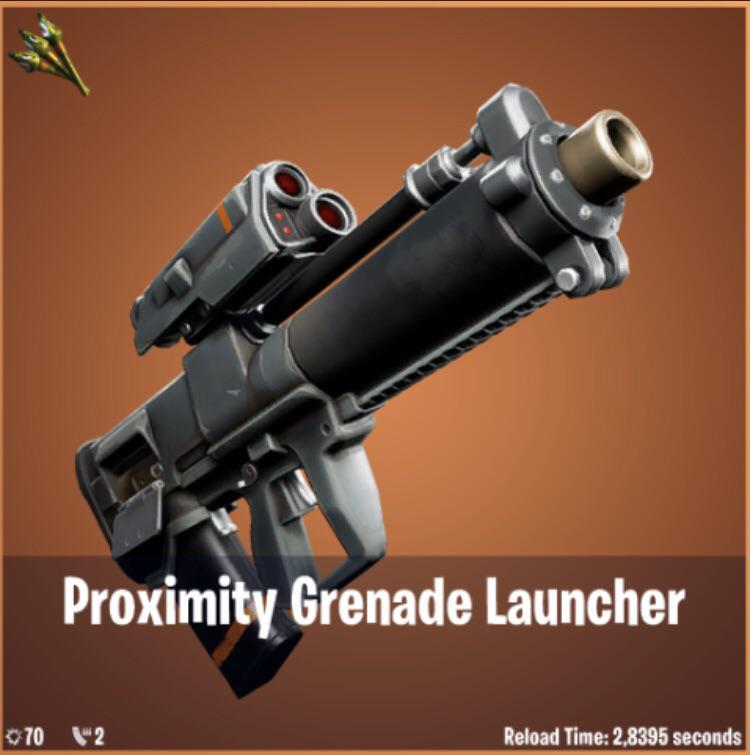
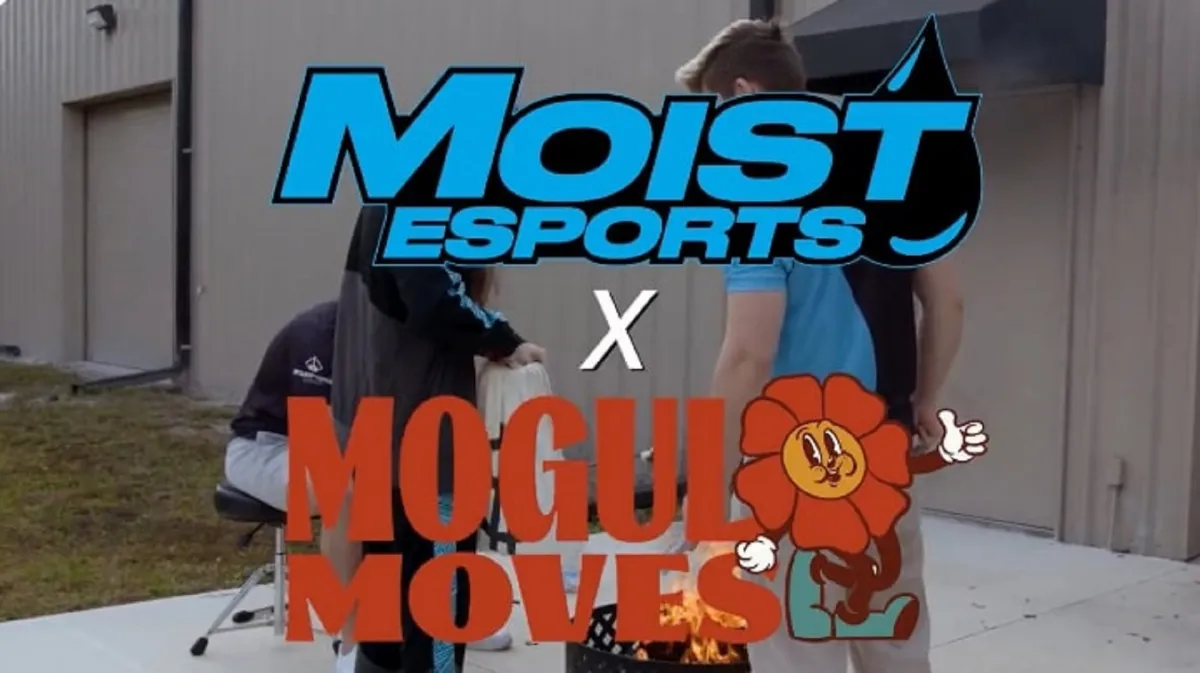
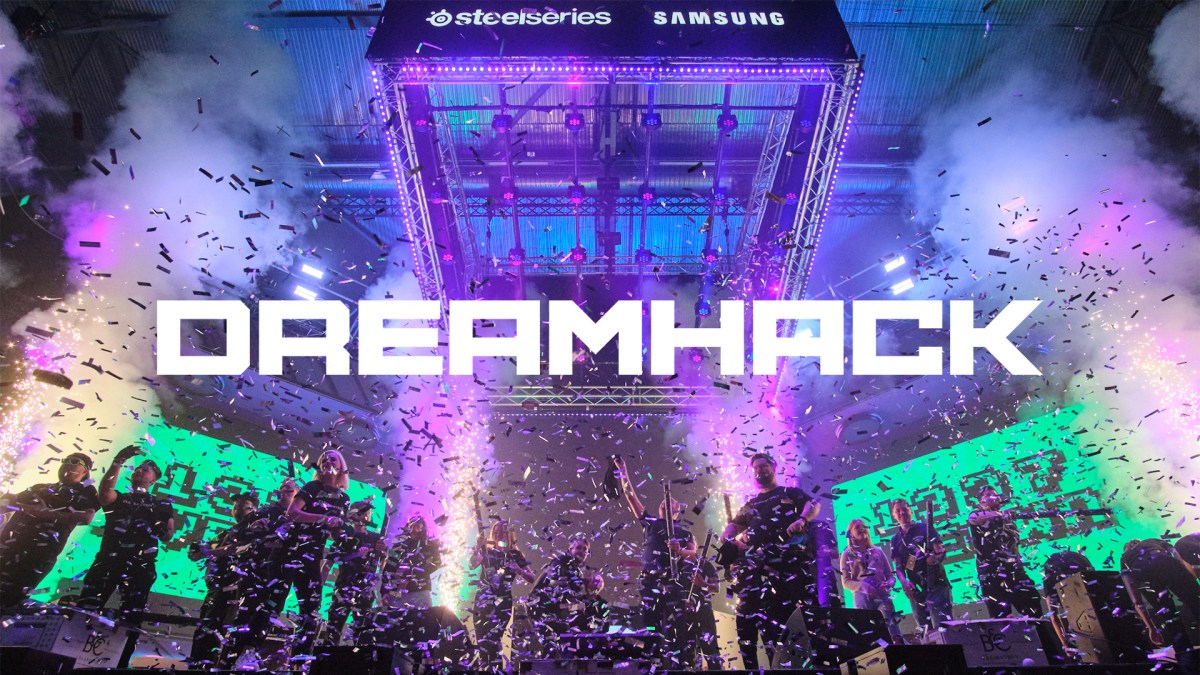
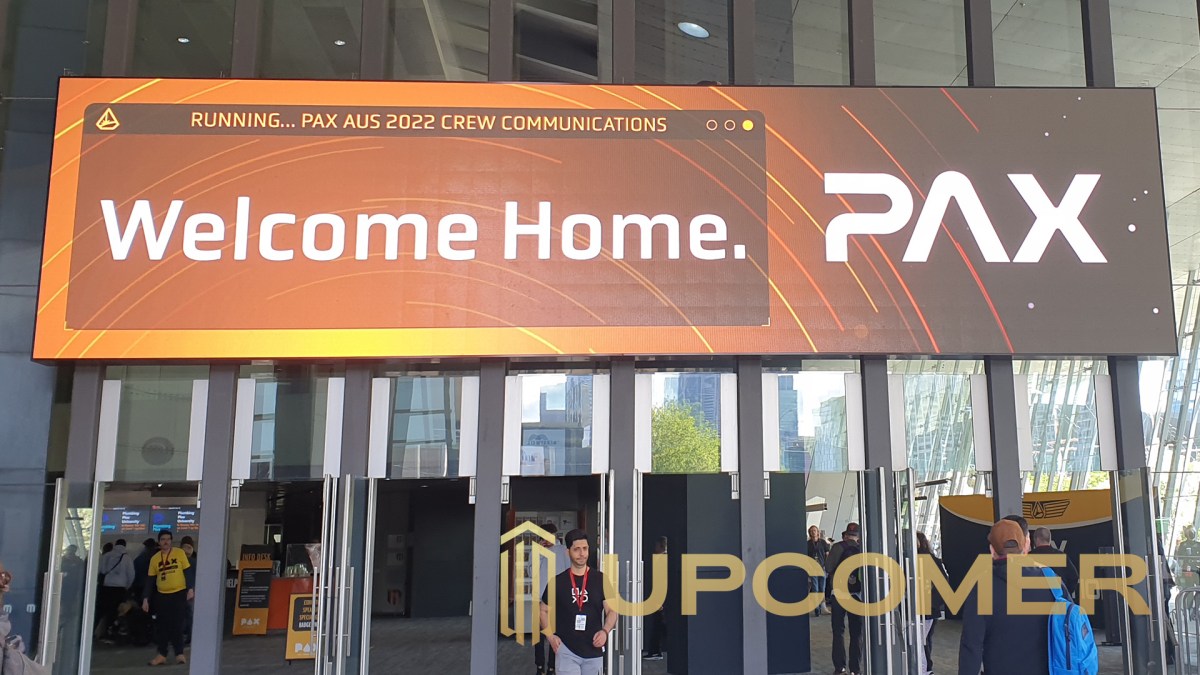

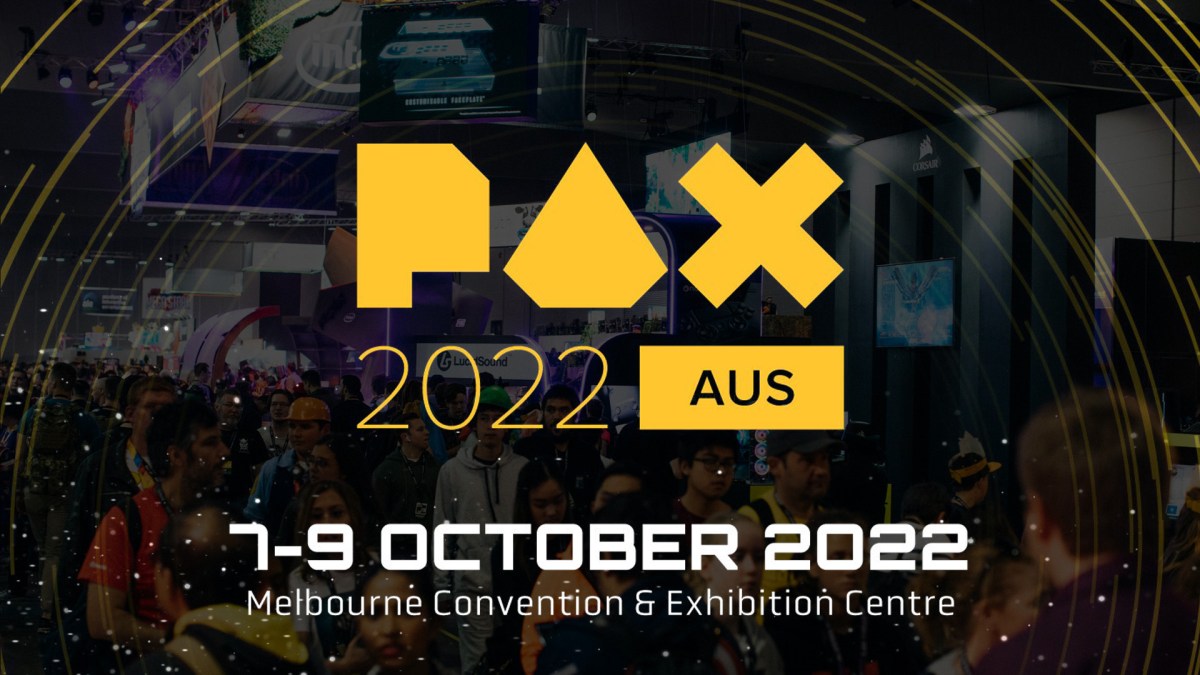
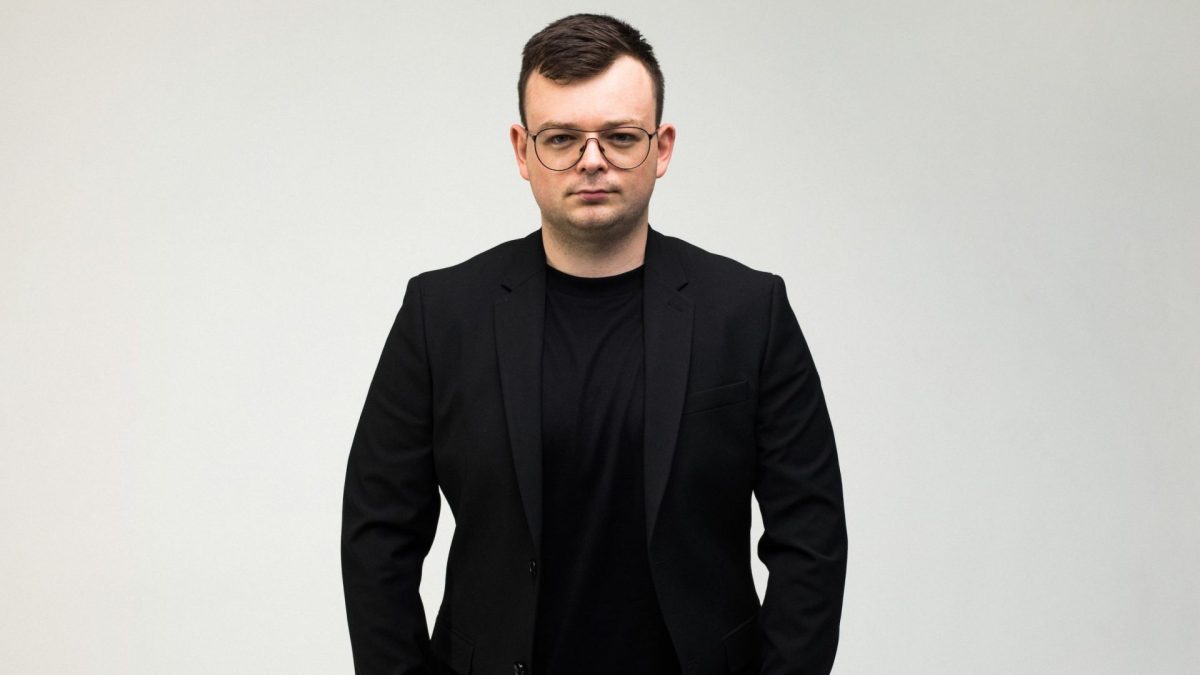
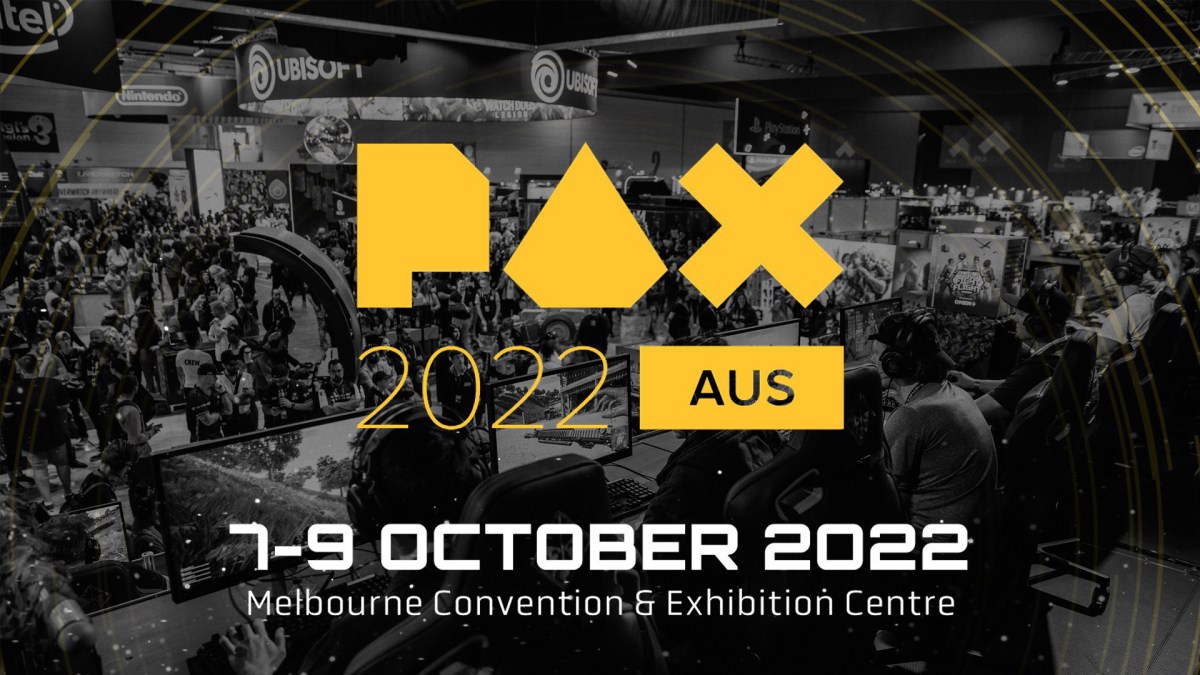
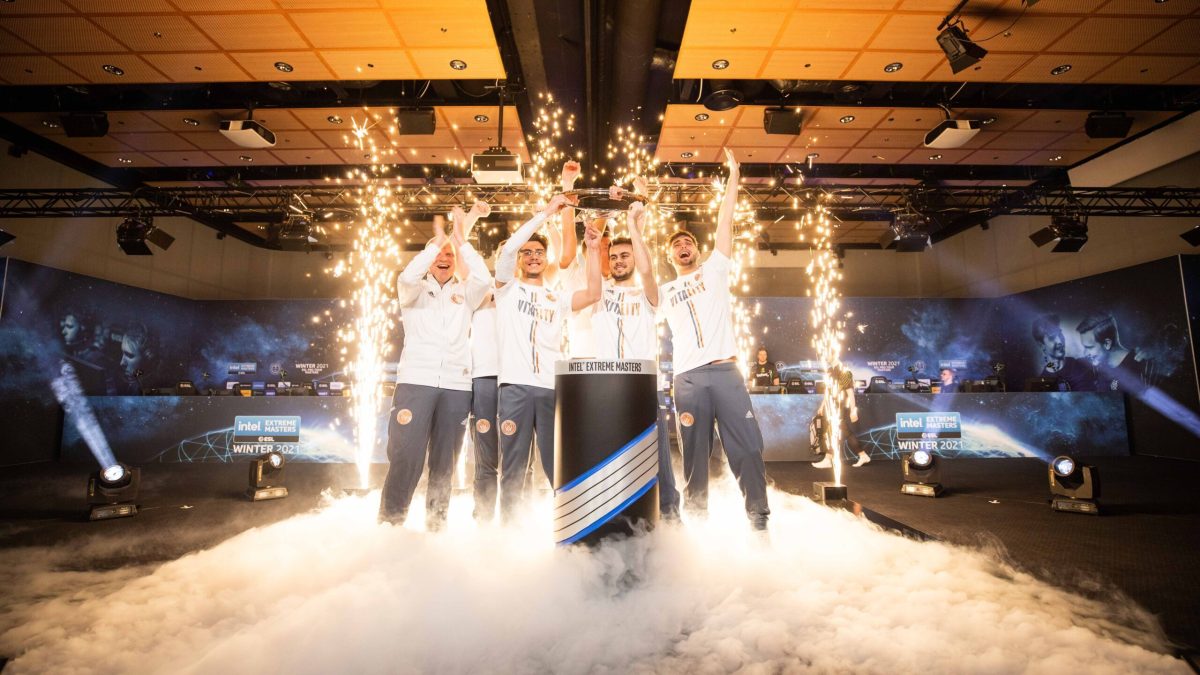
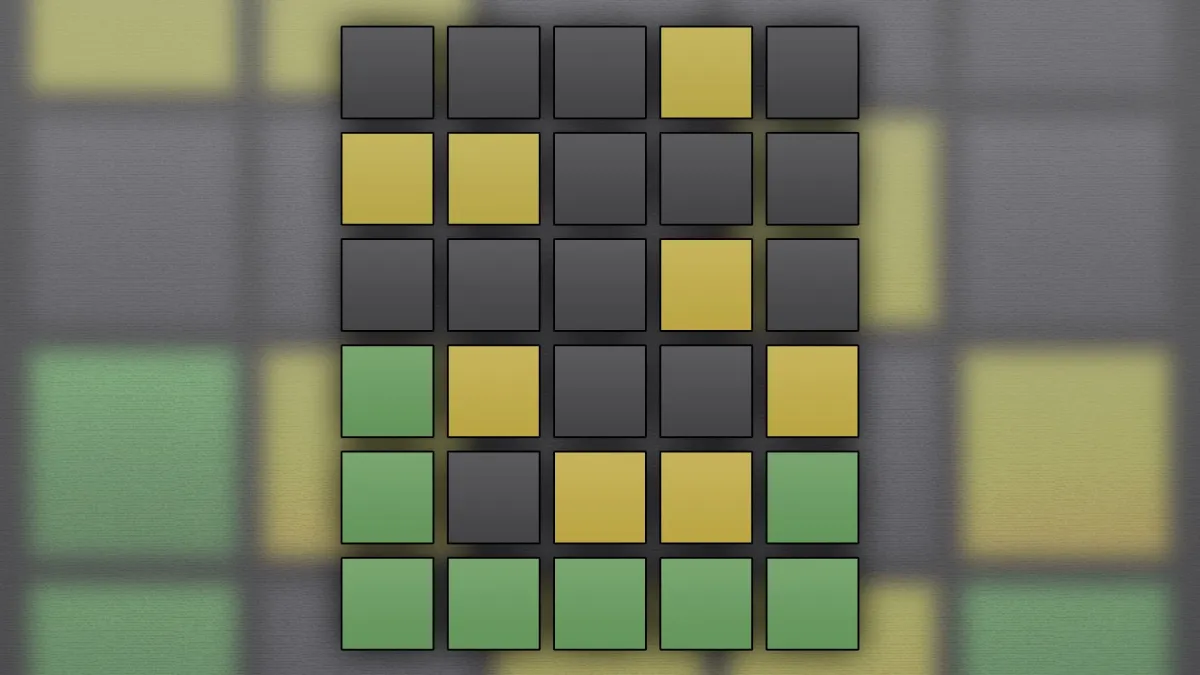
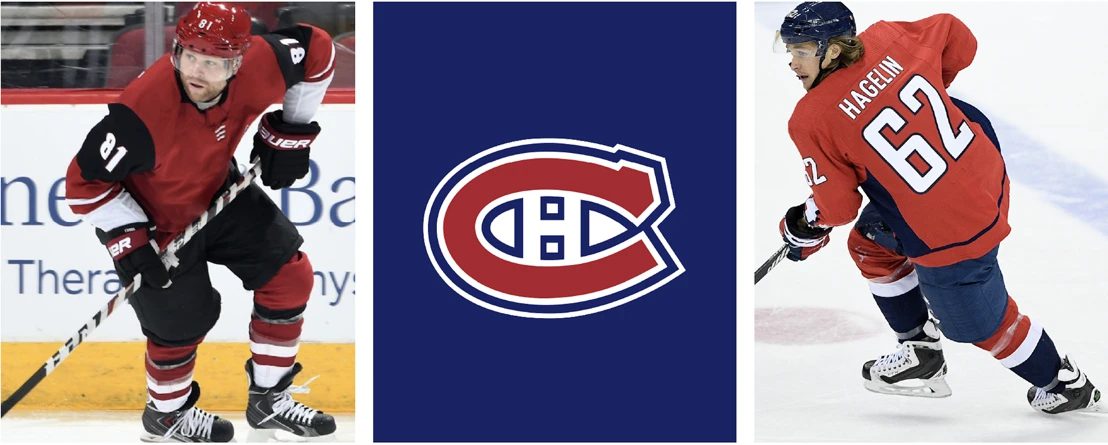

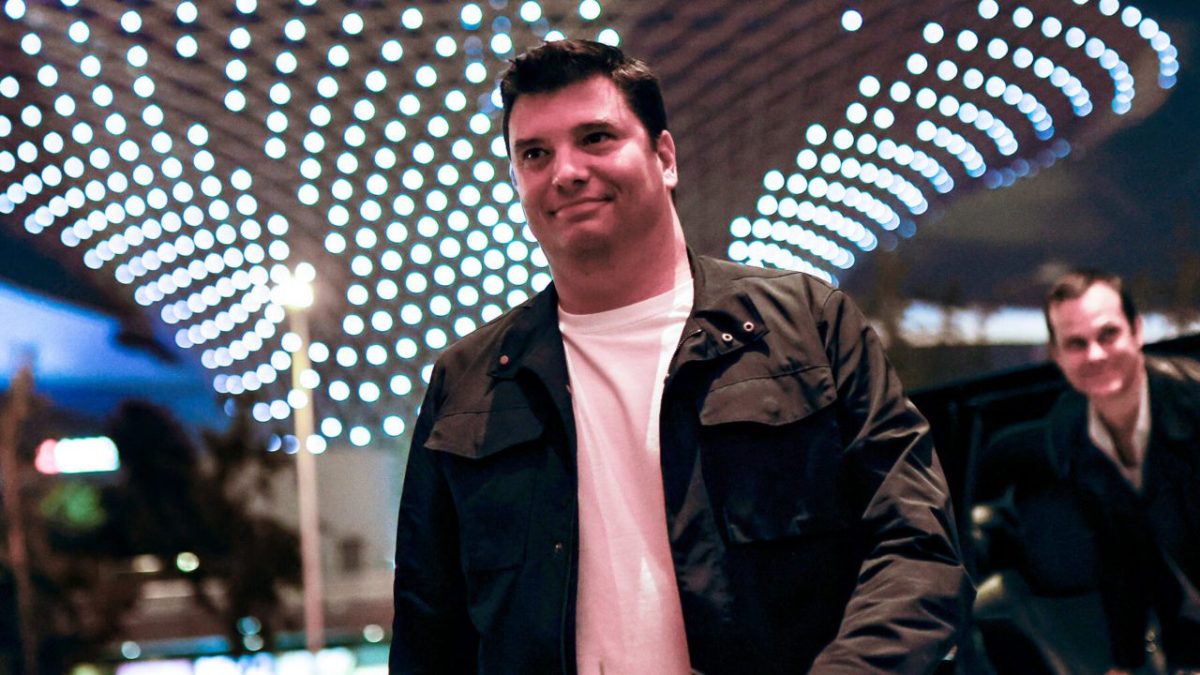
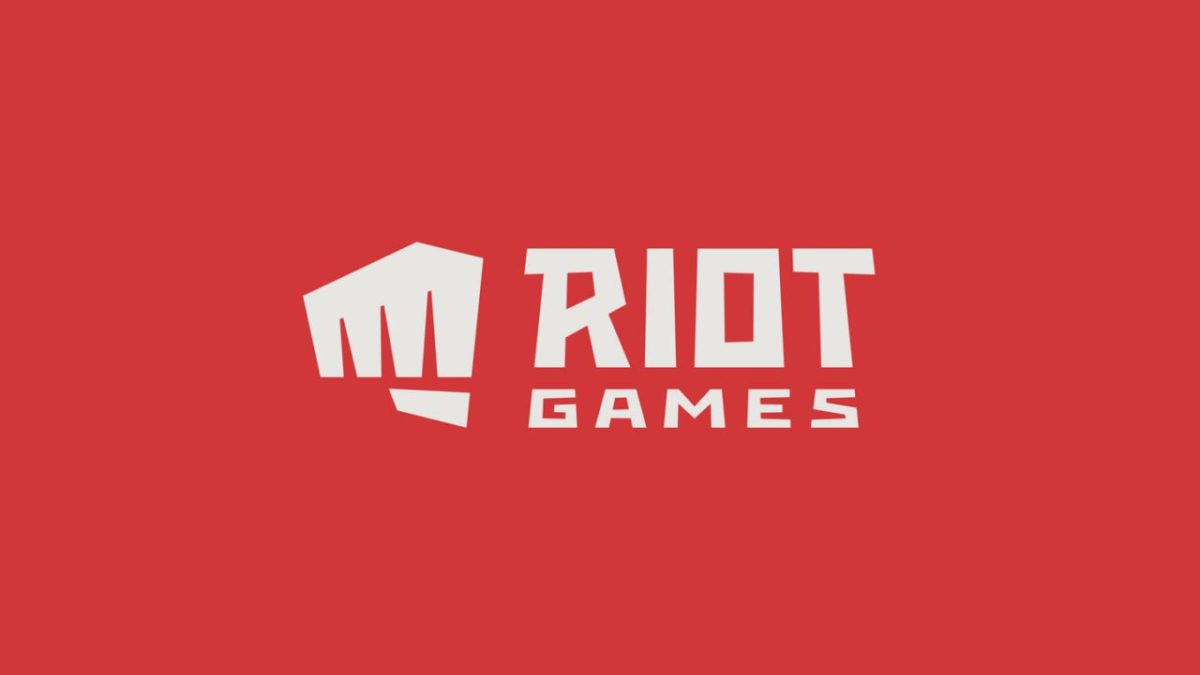

Published: Oct 20, 2019 07:00 pm